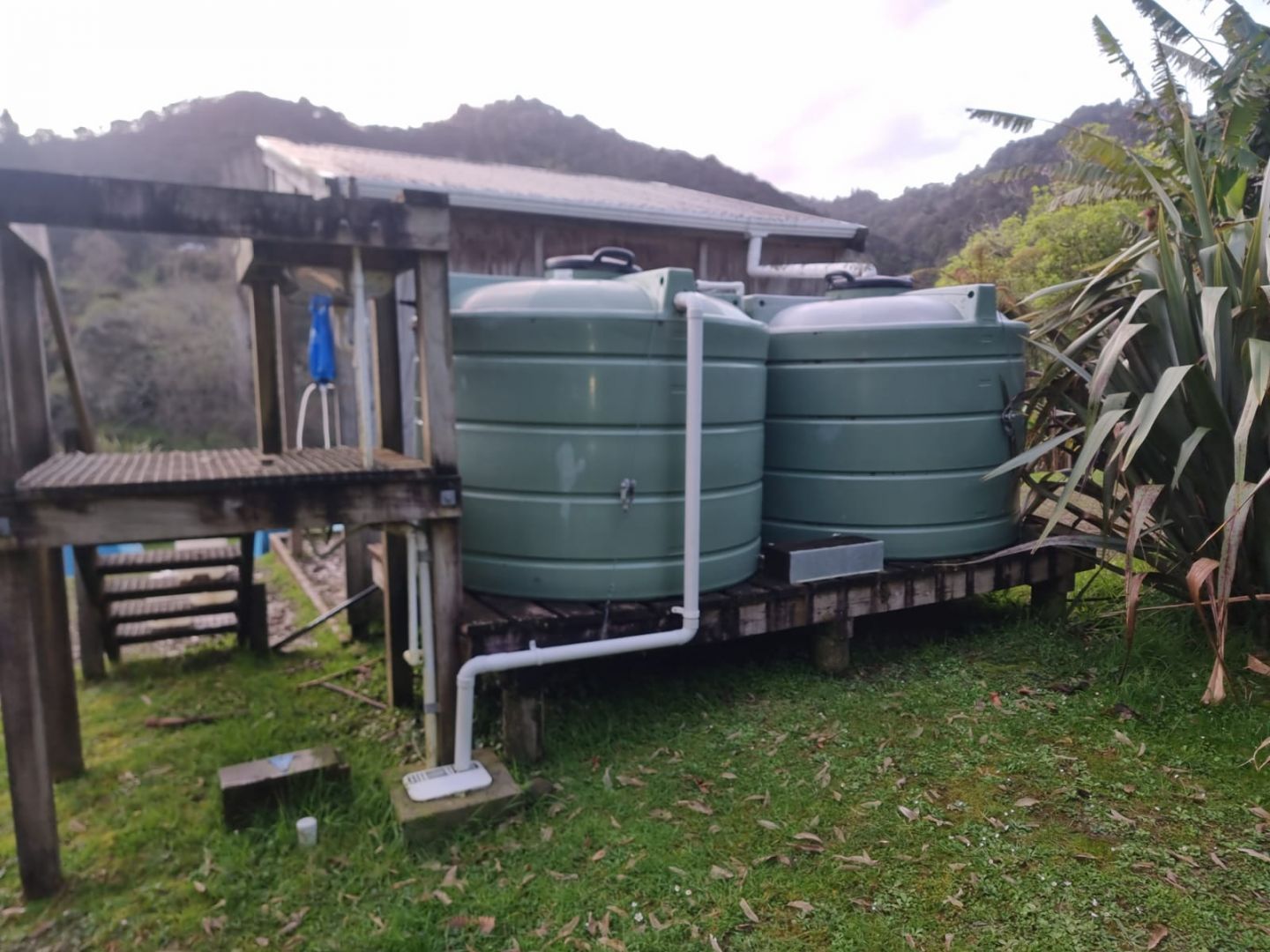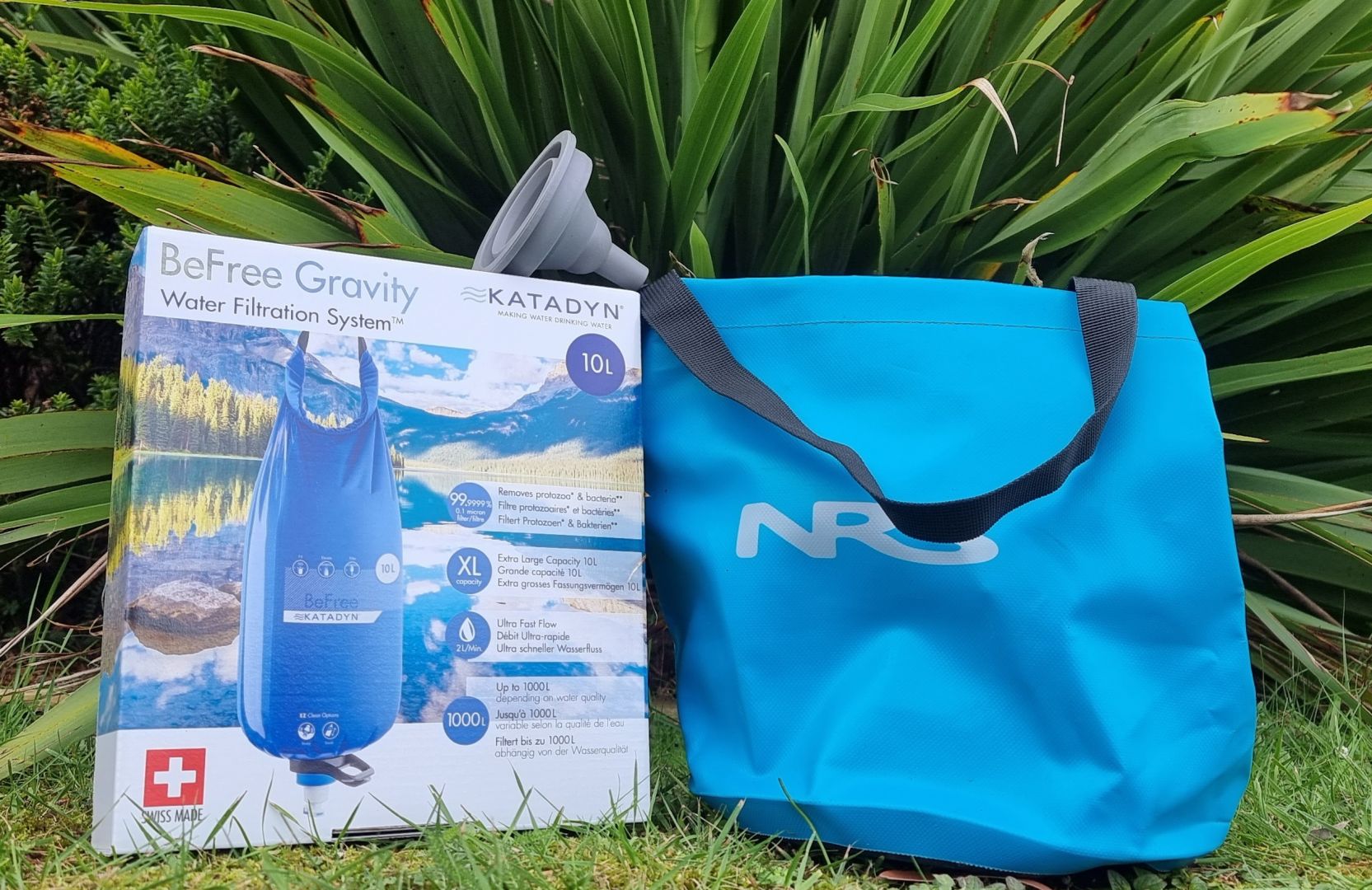How to ensure safe drinking water on your Whanganui River Journey
Keep hydrated and healthy on your Whanganui River Journey. Discover our tips and methods for ensuring you have access to safe and treated water in the great New Zealand outdoors.
Keep hydrated and healthy on your Whanganui River Journey. Discover our tips and methods for ensuring you have access to safe and treated water in the great New Zealand outdoors.
Having access to safe drinking water on your multi day Canoe Trip is simply essential. It’s also a common ‘last – minute’ question, in amongst all the excitement that comes along with planning and booking a Whanganui River trip with Canoe Safaris, most people don’t prioritise this important aspect of their upcoming adventure.
Read our Whanganui River guide on safe drinking water and learn about our tips on where to find water, how to treat it, and how to keep healthy & hydrated. To get one question out of the way early – Can you drink water straight from the Whanganui River? – No! No, you can’t!
Dehydration has the ability to ruin your canoe trip. So, let’s avoid it! Let’s talk about how the lack of drinking water can negatively impact your time in the great outdoors, and specifically, on a sometimes physically demanding canoe trip.
Most of the Whanganui River campsites are managed by the Department Of Conservation (DOC), who are great at maintaining campsites and providing facilities for river users to access water. So, you can put your mind at ease knowing that the hard part, sourcing the water, is already done. Every 10km or so along the river you will come across a Department of Conversation site with a cook shelter, toilet and water tank. They collect rainwater from the shelter and are operated by a foot pump.
Why can’t you drink water straight from the water tank- It’s just rainwater after all? Well – It just is not recommended; it hasn’t been treated or filtered at any stage and could have a potential contaminate inside. Better to be safe than sorry we say!
Something to note about these handy water tanks – In Peak Season when there have been long periods with no rain to refill the tanks, you may find them very, very low. Our tip for these hot, busy months with potentially low water is to bring your own emergency water, bring a backup 10L jug to tide you over for the night until you reach the next campsite, don’t wait to find out if the tank has water inside.

The simplest way of treating your water on the Whanganui River, is boiling it. Boil for at least 2 minutes and leave to cool down.
Our guided tours all include a reusable and refillable 10 Litre Katadyn water filter, tried, tested and is officially Canoe Safaris Approved!
For an emergency water purification method, we suggest packing ‘aquatabs’ in your gear and take these in our emergency river kits. These effervescent tablets are 99% effective in killing water borne organisms within 30 minutes of mixing with water.
Other ways to treat your water are –

Make a habit of it being the first thing you do when you have set up your camp kitchen - get the water treated. Then think ahead! Humans are recommended to drink approximately 2 litres of water a day. So think about how many people are in your group and will need their bottles refilled, think about the time of year, if it’s peak season with hot temperatures throughout the day, you will want to be drinking more, so plan to have enough water available for that.
Set a drinking timer – every 45 minutes, stop and take a sip of water. (While we are setting timers….Set a sunscreen one too)
The short answer is, yes! Your fantastic Whanganui river guides will be well versed in river tour and camp routines which include the treating of water. All you must do is bring your minimum 1L water jug for us to refill throughout the day.
(If you are joining Canoe Safaris on a canoe rental package only, then you can follow our handy tips in this article, also read our ‘what to bring’ guide to help you start planning on the other essentials to pack)
We hope this guide on the importance of water, and how to drink it safely whilst out in the wilderness will help you on not only the Whanganui and Rangitikei Rivers – But anywhere you choose to spend your next outdoors adventure.
And if you have a water treatment system that works better than the things we have mentioned here - Let us know! Or come and show us yourself. Send us an email or give us a call to talk about Joining us on a multi day Whanganui River Tour today.
And if you are interested in reading more about Water and the Whanganui River, read our blog about the wider conservation efforts to improve the water quality of this treasured River.
Absolutely amazing experience with Canoe safaris! We did a 4-day canoe trip in the Whanganui river with Canoe safaris. Our guides, Phil and Ian are highly experienced, professional and helpful. Almost everything we need were provided, including tent, 3-meals everyday plus snacks, life jacket,...
Mandy Qiu
peaceful, primal, professional, Challenging, adrenalin - I experienced all of these on a three day trip down the Whanganui river with a group of 18 people and two amazing guides - Simon and Aiden. These guys worked tirelessly to ensure we were kept safe and well fed and were happy to share their...
Michele Laurie
SIMPLY SENSATIONAL. Just completed the 3 day trip. Our guides Wilson and Gregor were fantastic. Cool, clear, calm (even when I tipped the wife out of our canoe). Always felt safe, always felt informed. The food was sensational. From the time we were greeted to the time we departed, I was very...
Warren J, Christchurch, NZ
A couple of good mates decided we'd do this trip some time ago and Canoe Safari's helped make it happen. Alex, Bailey, Lesley and Canon our guides / hosts were absolutely amazing. Scenery was stunning - seems like little has changed on the landscape in hundreds of years... still...
Hawkdwn
This was out and out one of the best experiences I've ever had. The trip exceeded my expectations in every department. The hospitality was second to none and the care taken for all of us was outstanding. Safety was never forgotten and was balanced with a load of fun and great humour...
Simon Christie
This was the best family trip ever! Three course meals, a wealth of knowledge from our awesome guides, and no devices, were just three reasons we would highly recommend this adventure. Phil and Simon were amazing guides and worked from the moment we were collected for our trip to the moment we...
Richard Beechey
We had a brilliant trip on the Rangitikei River with this amazingly organised and friendly company. Kirsty and Phil looked after us so well- from their (well Kirsty's) first response to our enquiry to waving us off at the end of a magnificent and well supported two day trip. The tuition and...
Kate Brennan, New Zealand
A friend and I, both in our 70s, did the 3 day 2 night Whanganui River canoe trip run by Canoe Safaris in March 2025, staying at their Lodge the previous 2 nights. It was exceptionally well organized and great fun. Never once did we feel in any danger. The 2 guides were excellent, teaching us...
Jonathan Wake, New Zealand
Had the most enjoyable trip in my life. Took the 4 day canoe safari down the Wanganui river. We thoroughly enjoyed it, couldn't have asked for better guides, Erin and Jordan. Their knowledge and expertise was invaluable. The scenery was out of this world, at times we felt as though no one...
Sharon Gamble
We went on the four day canoe safari and absolutely loved it! Amazing scenery, and great service. Aidan and Morgan really went the extra mile to make sure everyone was happy and comfortable. Food was just like the comforts of home! We were very well looked after, and felt safe on the...
Nicola Johansen